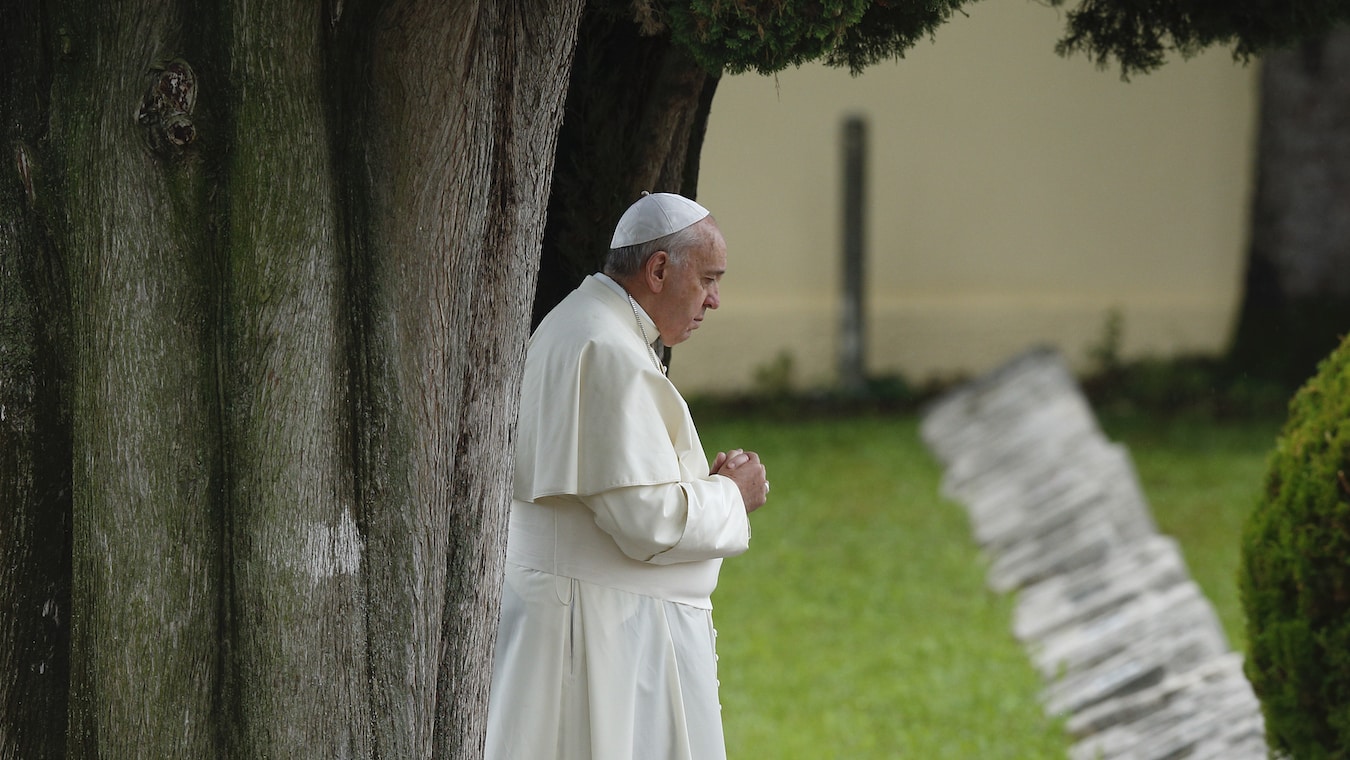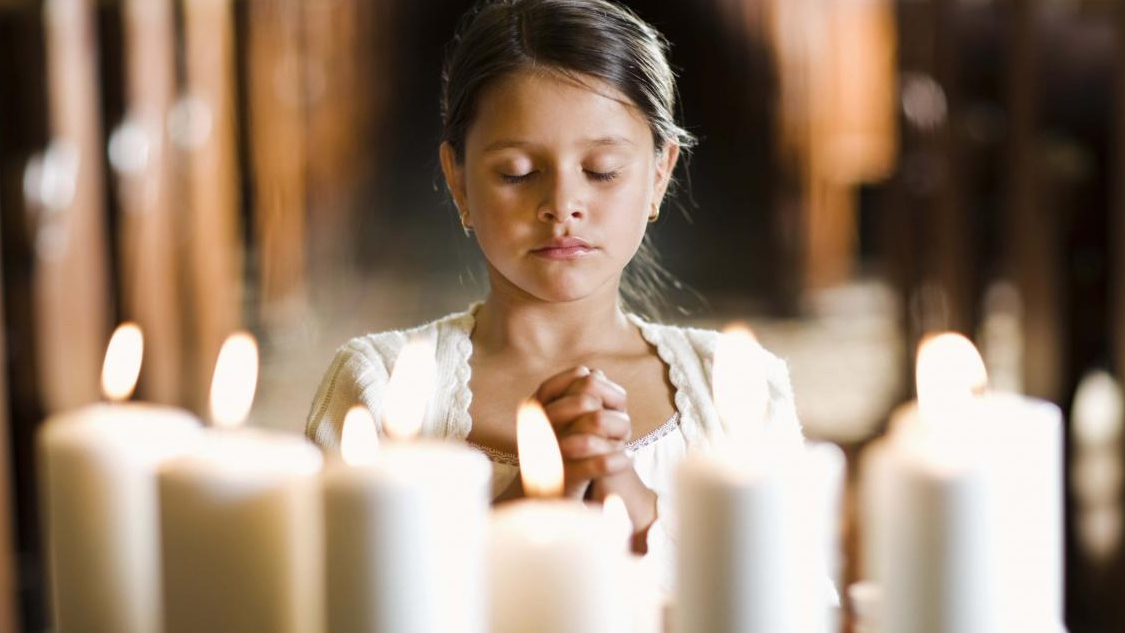In a recent talk I was wisely reintroduced to the art of prayer through a simple, beautiful and profound worship song by Eddie James, entitled: Make me a house of prayer.
The words of this praise are very telling! First of all, there is a clear insistence on the prayer of supplication which goes: Lord, Make Me A House, Make Me A House of Prayer. The obvious question is: But how come that we ought to pray, as the lyrics of the song say, day and night? Why is there this need that, again as the hymn says, the fire on my altar never burn out?
The Bible answers directly our query by telling us, in the letter to the Ephesians: For we are not contending against flesh and blood, but against the principalities, against the powers, against the world rulers of this present darkness, against the spiritual hosts of wickedness in the heavenly places (Eph 6:12). In front of us we have a host of wicked spirits, called demons and evil spirits, who are trying their very best to destroy what is dear to us, namely the family, society, communities of consecrated life, friendships, the Church, and, above all, ourselves!
In the letter to the Thessalonians we find that the evil one is doing everything he can to obstruct us from doing God’s will. St Paul experienced this challenging reality first hand. In fact, in this letter, and in an autobiographical mode, he confides: But since we were bereft of you, brethren, for a short time, in person not in heart, we endeavored the more eagerly and with great desire to see you face to face; because we wanted to come to you — I, Paul, again and again — but Satan hindered us (1 Thes 2:17-18). And, if Satan put obstacles in Paul’s way for not meeting with the Thessalonian community, what is he doing to impede you and me from doing God’s saving will in our lives?
The great remedy and sure victory in this spiritual war we all face, irrespective of our different life callings, is prayer. Jesus teaches us how by his life example. St Matthew gives us the scenario when Jesus himself was tempted by the evil one.
And going a little farther he fell on his face and prayed, “My Father, if it be possible, let this cup pass from me; nevertheless, not as I will, but as thou wilt.” And he came to the disciples and found them sleeping; and he said to Peter, “So, could you not watch with me one hour? Watch and pray that you may not enter into temptation; the spirit indeed is willing, but the flesh is weak.” Again, for the second time, he went away and prayed, “My Father, if this cannot pass unless I drink it, thy will be done.” And again he came and found them sleeping, for their eyes were heavy. So, leaving them again, he went away and prayed for the third time, saying the same words. (Matt 26:39-44).
If we read intently this gospel pericope we notice that the word prayer is mentioned or alluded to, at least four times. The message is clear: The more we pray, the more we defeat our spiritual and corporeal enemy. Only prayer can help us defeat him and his wicked infernal companions!
In his Angelus address on the First Sunday of Lent, 9 March 2014, Pope Francis said:
“Jesus decisively rejects all these temptations and reiterates his firm resolve to follow the path set by the Father, without any kind of compromise with sin or worldly logic. Note well how Jesus responds. He does not dialogue with Satan, as Eve had done in the earthly paradise. Jesus is well aware that there can be no dialogue with Satan, for he is cunning. That is why Jesus, instead of engaging in dialogue as Eve had, chooses to take refuge in the Word of God and responds with the power of this Word. Let us remember this: at the moment of temptation, of our temptations, there is no arguing with Satan, our defense must always be the Word of God! And this will save us”.
On a more positive note, let us never forget that even if the devil tempted man to use his God-given freedom contrarily to how God wanted him to use it, temptation was surely a positive role in Adam and Eve’s spiritual journey. Had they wholly collaborated with God’s grace, temptation would have allowed them to desire more and more deification and, above all, to make manifest its authentic divine value. As a matter of fact, St. John Damascene writes: “It was necessary that man first be tempted. Untried and untempted man merits no title. Let to perfection by temptation in the keeping of the commandment, he would have come to know incorruption as the prize of his virtue.”
Unfortunately, this has not been the case. Our first parents transgressed God’s loving law. They went diametrically opposite to his holy will. As the Catechism of the Catholic Church rightly states: “All men are implicated in Adam’s sin, as St. Paul affirms: ‘By one man’s disobedience many (that is, all men) were made sinners’: ‘sin came into the world through one man and death through sin, and so death spread to all men because all men sinned’(Rom 5:12,19)” (no.402). Furthermore, “the overwhelming misery which oppresses men and their inclination towards evil and death cannot be understood apart from their connection with Adam’s sin and the fact that he has transmitted to us a sin with which we are all born afflicted, a sin which is the ‘death of the soul’” (no. 403). Finally, “human nature … has not been totally corrupted: it is wounded in the natural powers proper to it, subject to ignorance, suffering and the dominion of death, and inclined to sin – an inclination to evil that is called concupiscence” (no. 405).
But the splendid news in this sad story is that, as St. Paul says in his letter to the Romans, “as one man’s trespass led to condemnation for all men, so one man’s act of righteousness leads to acquittal and life for all men” (Rom 5:18). Which, in reality, means that, as the Catechism of the Catholic Church instructs us: “Baptism, by imparting the life of Christ’s grace, erases original sin and turns a man back towards God, but the consequences for nature, weakened and inclined to evil, persist in man and summon him to spiritual battle” (no. 405).
Lord make me a house of prayer, day and night! Amen.








